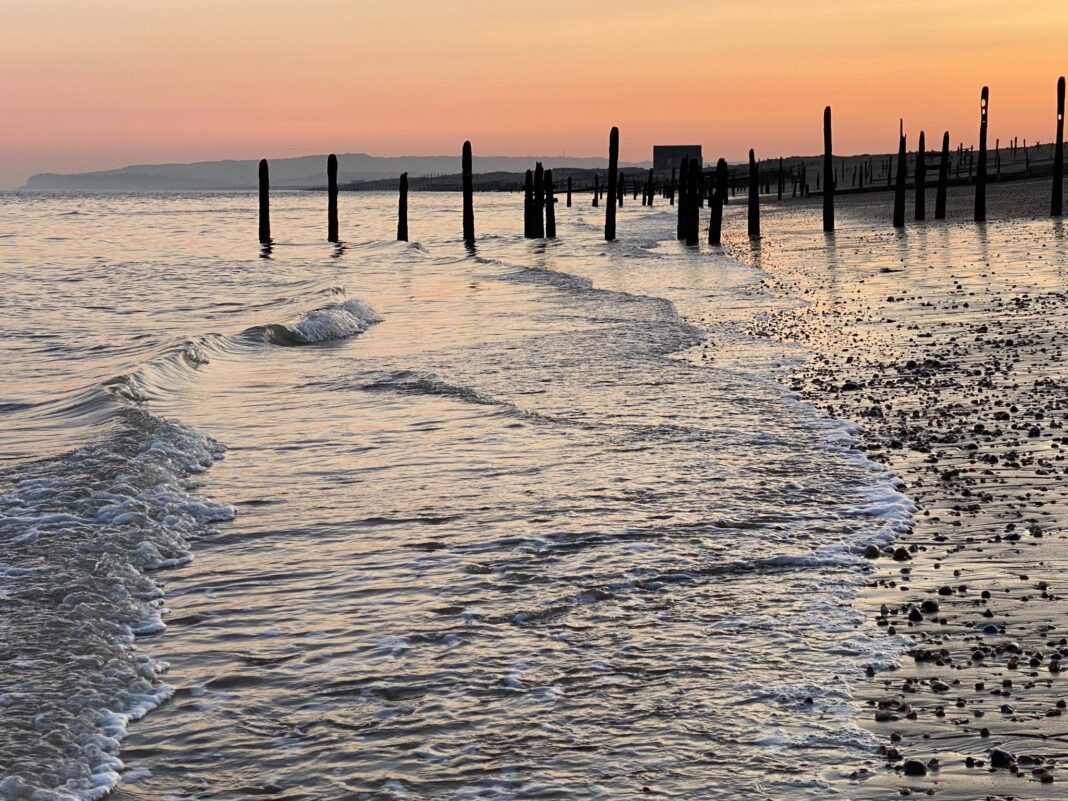Prostate Cancer is the most common cancer in men. More than 52,000 men are diagnosed with prostate cancer every year on average – that’s 143 men every day. Men are often slow in asking for help and advice when they suffer the symptoms of prostate cancer and consequently treatment can be delayed.
Martin Bruce was diagnosed in 2019 and, luckily for him, he received help early. By sharing his story he hopes to raise awareness of this common condition and to let other men know that they are not alone.
What were the symptoms you first noticed and how long was it before you contacted your doctor?
I already had BPE (Benign Prostate Enlargement), the symptoms of which are very similar to prostate cancer as described below but which is harmless and can be treated by daily medication. Because I had survived two previous, unrelated cancers I was monitored every six months by means of blood tests and one of these showed up elevated PSA (Prostate-Specific Antigen) levels, often an indicator of prostate cancer. I was referred to a local hospital for a biopsy, and under local anesthetic tissue samples were taken from my prostrate. The results indicated that I had a Gleason score of 7, a medium grade cancer.

What advice and care were you given to enable you understand the consequences of the disease?
One of the truths of cancer is that each person’s experience of the disease is different. In my case, because I had received a cancer diagnosis twice before, the news was not quite the knock-down blow that it might have been if this had been my first time. I was called back to hospital and the treatment options were explained to me. That was different: for my previous cancers I had not had to make a choice, because there had not been one.
What avenues of treatment were you offered?
1. Surgery – a radical prostatectomy completely removing the gland, and the likelihood of follow-up radiotherapy.
2. Radiation therapy.
3. Brachytherapy, or internal radiation therapy – the insertion of radioactive sources directly into the prostate. These sources, called seeds, give off radiation just around the area where they are inserted and may be left for a short time (high-dose rate) or for a longer time (low-dose rate).
Each of these has possible side-effects and consequences; I chose surgery both because my other cancers had been resolved by a mixture of surgery and chemo/radio- therapy and because removing the diseased tissue makes it possible to be more certain that no cancerous cells have been left behind. In the event I also had a thirty-day course of radiation therapy just to be absolutely sure. That was in 2019 and I am still in full remission.
How did you cope once you had been diagnosed and were receiving treatment?
I have learned from my three cancer experiences that surviving and thriving is a mixture of many factors. I have been lucky to have met some brilliant consultants, surgeons and nurses who, collectively, have enabled me to pull through. Family and close friends are also important although it is sometimes difficult for them to share what you are going through and often I didn’t necessarily want them to do so, and that can mean that the struggle can be lonely. Maintaining a positive mindset is crucial: easy to say, often difficult to do. It will not cure you, but it will give all the treatments a chance to work as well as possible.
I found that living by the sea and being able to walk on the Nature Reserve was very soothing; no matter how tough things seemed to be there was always a place to escape to, a place of ever-changing beauty and peace and somewhere to put things in perspective.
Do you think men in general are embarrassed to ask for help or to talk about having prostate cancer?
Yes, I do. I will not pretend that the procedures and tests are not sometimes invasive and rather unpleasant but a few minutes’ discomfort seems a small price to pay for, in the worst case scenario, staying alive.
What advice would you give to men today?
Fortunately treatments for cancers of all sorts are improving all the time, and some of the best news just a couple of weeks ago is that men across the UK could be routinely screened for prostate cancer following major research suggesting that the benefits may outweigh the risks. There is currently no national programme inviting men without symptoms to undergo checks, although those over 50 can request them on the NHS but the UK national screening committee is being urged to look at a study that suggests changes in medical practice have vastly reduced the potential risks of such programmes.
I would urge any man worried by any of the symptoms listed below to see a GP as soon as possible:
Difficulty starting urination.
Weak or interrupted flow of urine.
Urinating often, especially at night.
Trouble emptying the bladder completely.
Pain or burning during urination.
Blood in the urine or semen.
Do you think that youngsters are aware of the symptoms and what to look out for?
I would doubt that there is much awareness. Prostate cancer seems to run in some families, which suggests that in some cases there may be an inherited or genetic factor. Having a father or brother with prostate cancer more than doubles a man’s risk of developing this disease: still, most prostate cancers occur in men without a family history of it. Perhaps fathers (or mothers) could make sure that their sons know about the symptoms and what to do if they appear.
Image Credits: Kt bruce , Kt Bruce .




Most helpfull thank you